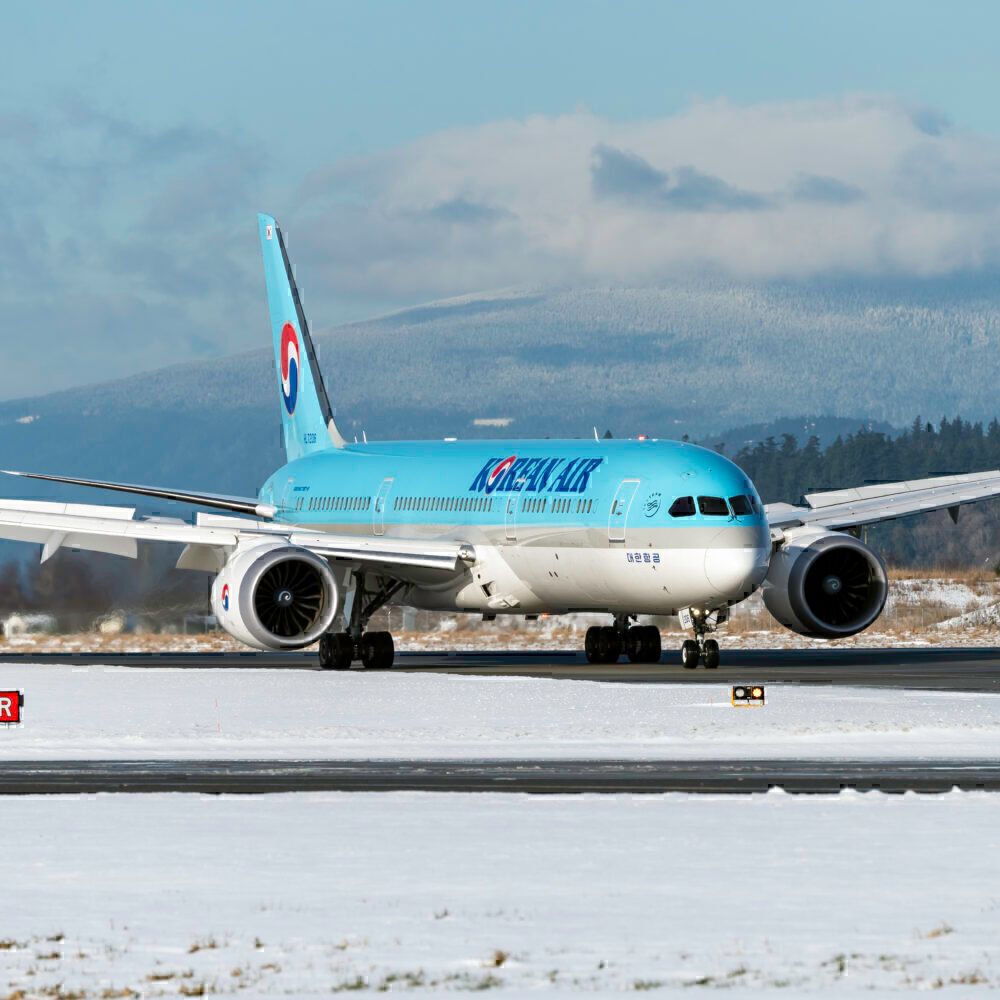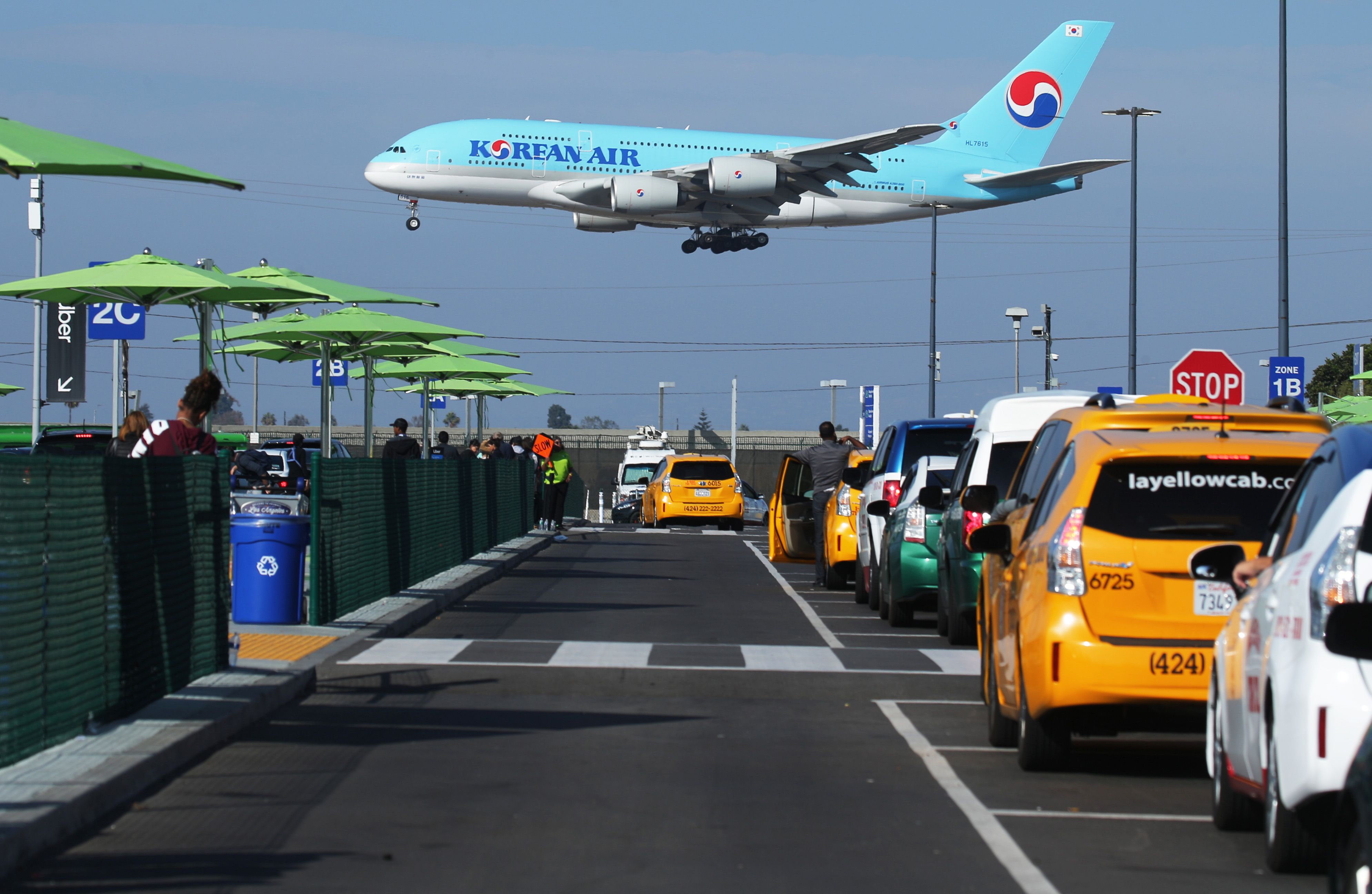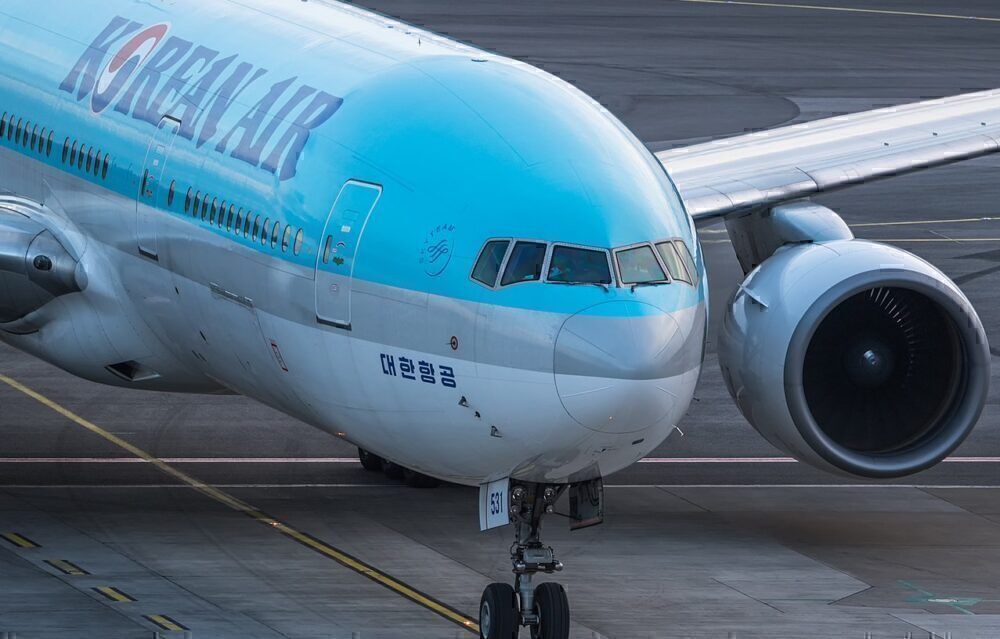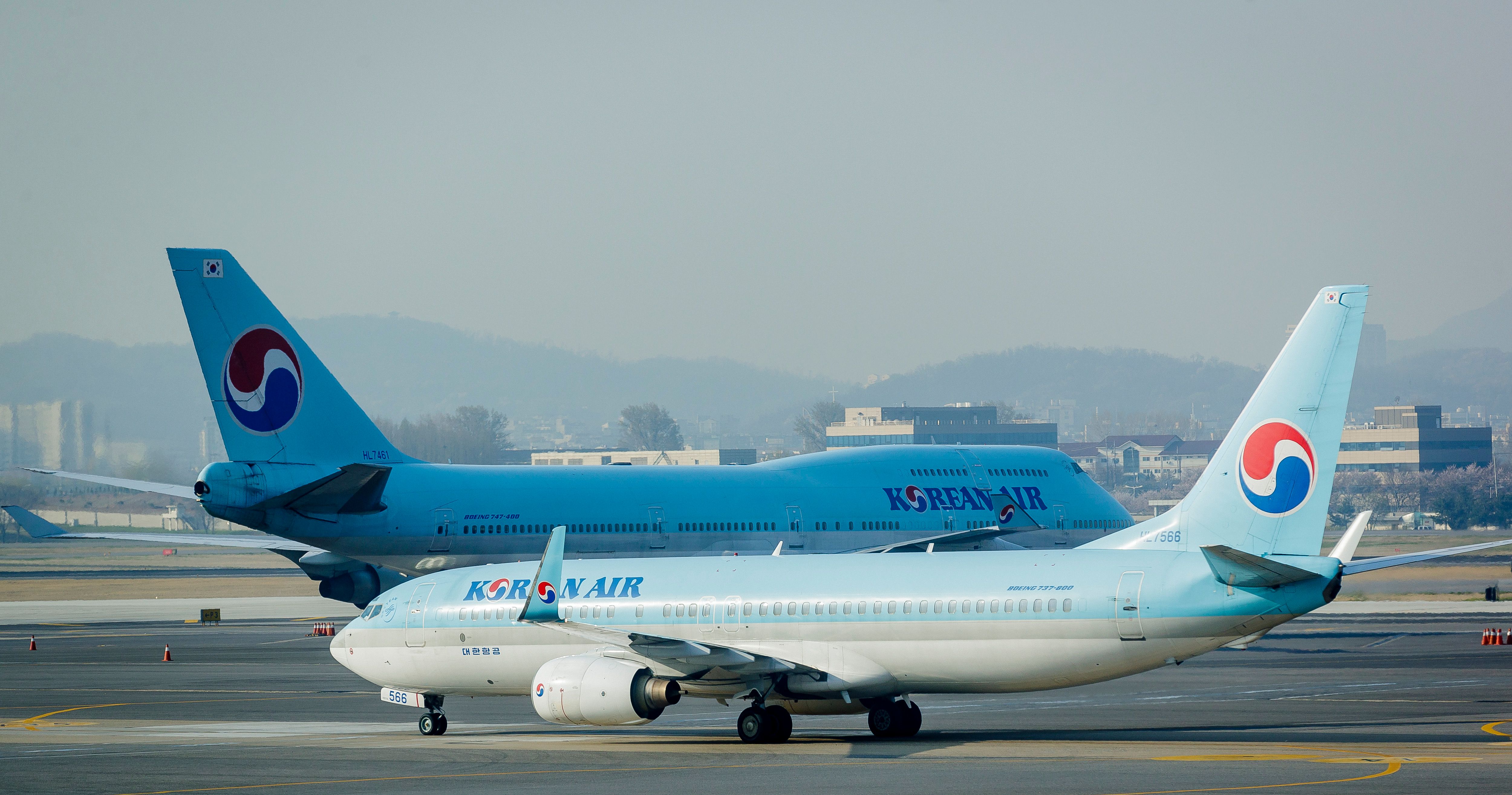Korean Air has recently signed a Memorandum of Understanding (MoU) with Shell Aviation to purchase Sustainable Aviation Fuel (SAF). The five-year agreement also explores the supply and purchase of SAF from Shell at major international airports in Asia-Pacific and the Middle East, beginning in 2026.
Focusing on sustainability with Korean Air
The signing of the MoU is the latest sustainability effort from Korean Air. Last year, the Korean flag carrier had partnered with Korea's leading petroleum and refinery companies, Hyundai Oilbank and SK Energy, to adopt SAF and carbon-neutral jet fuel, respectively. In particular, with Hyundai Olibank, Korean Air was looking to work together on developing a foundation for biofuel manufacturing and proposing relevant policies.
Then in February this year, the airline signed a different MoU with Incheon International Airport Corporation, Airbus, and Air Liquide to cooperate on supplying aviation hydrogen fuel and developing the relevant hydrogen infrastructure in Korea. Eventually, Korean Air remained committed to collaborating with partners to proactively respond to climate change by reducing carbon emissions.
Find more news about Asian aviation here!
Korean Air's reliance on SAF
However, given how hydrogen-powered and electric aircraft technology can only be made available tentatively around 2030, Korean Air is becoming more dependent on using SAF to decarbonize its flight operations, which explains one primary reason for the MoU signing. This is especially so that the airline can focus on operating long-haul flights sustainably on lower carbon fuel since nothing can replace aircraft jet engines as of yet.
Fortunately, the Korean flag carrier is no stranger to using SAF, having been the first Korean airline to conduct commercially scheduled flights. In November 2017, Korean Air trialed the use of SAF when departing from Chicago to Incheon. The airline continued investing in SAF during 2021 when it partnered with SK Energy to purchase a month's worth of carbon-neutral fuel.
The purchased carbon-neutral fuel at that time was then further used for Korean Air's domestic flights departing from Cheongju and Jeju. And in February this year, the airline used SAF from Paris to Incheon, having commented in a statement:
"The company has decided to adopt SAF on the Paris route to join global efforts to cut emissions and switch to environment-friendly fuel."
Want to know more about sustainability in aviation?
Korean Air commits to SAF
While the SkyTeam member airline's commitment to using SAF remains a clear objective for the MoU signing, another agenda exists behind the partnership. Although SAF can help decarbonize the aviation industry significantly, the shortage of global production facilities and high costs keeps the supply short of expected demand.
This is why another goal of the MoU signing was for Korean Air to work with Shell in expanding cooperation with other global oil companies to secure SAF supplies for different regions, including Europe and the US. With Korean Air onboard as an airline committed to using SAF, oil companies will be able to invest more in the infrastructure required to produce SAF, increasing demand and lowering supply costs.
Bottom line
Korean Air's partnership with Shell follows nearly a week after Philippine low-cost carrier Cebu Pacific signed a similar five-year MoU with the same oil company, which also sees Cebu Pacific purchasing SAF from 2026 until 2031. In foresight, more airlines will soon be signing similar MoUs with either Shell or a different global oil company for their commitments to SAF. With an elevated demand and increasing investment into SAF, carbon-neutral fuel might soon be on the path to being less costly and more widely available worldwide.
Get the latest aviation news straight to your inbox: Sign up for our newsletters today!
Source: FlightGlobal

-PACE.jpeg)



